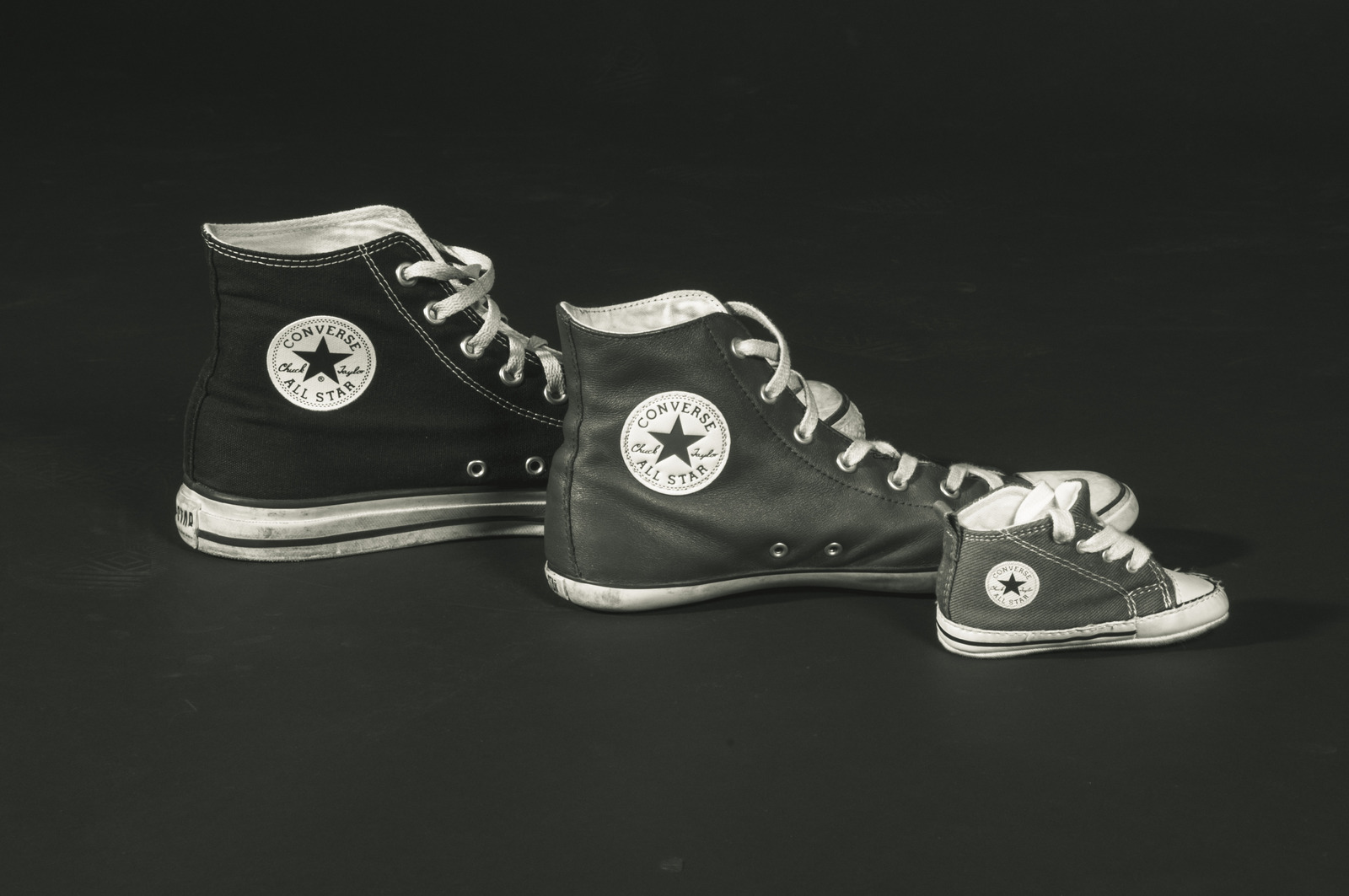 When I weighed over 300 pounds, I thought everyone in the world was looking at me, watching to see what I was doing, who I was with, and most of all what I was eating. I truly believed that everyone was talking about me behind my back. Many times, I was too overwhelmed to even leave the house because I couldn’t handle all of the negative things I was sure people were saying about me.
When I weighed over 300 pounds, I thought everyone in the world was looking at me, watching to see what I was doing, who I was with, and most of all what I was eating. I truly believed that everyone was talking about me behind my back. Many times, I was too overwhelmed to even leave the house because I couldn’t handle all of the negative things I was sure people were saying about me.
I wasn’t alone in thinking these things. Many food addicts struggle with grandiosity – the idea that they are at the same time unique and superior to others yet not as good as everyone else. In Twelve-Step programs, this is known as “an egomaniac with an inferiority complex.” It’s an odd mix of feeling not good enough but yet important enough for everyone to care what they’re doing.
And, it’s a one-way trip to relapse if this continues in recovery.
The way to prevent this behavior from causing a full-blown relapse is to stay “right sized,” meaning to understand that you’re no different from any other food addict.
Before recovery, I was convinced that my life and my food addiction was worse than anyone else’s; that no one would ever be able to understand me or my problems and certain that I would never be able to find the help I needed.
I was wrong.
From almost the second I entered the Acorn Intensive, my entire world changed. I found people who not only talked the talk but had been where I was and found a way out. I heard many stories about binges, some were worse than any I’d ever had and some were not as bad. The one thing we all had in common was and continues to be that we have a physical disease which needs to be treated on that level first.
An important part of long-term recovery is to remember that no one is better or worse than anyone else. We are all human beings, and in this case, food addicts trying to do the best that we can. At SHiFT, that means remembering to be “right sized” and working a recovery program one day at a time.
If you need help, please contact us.
